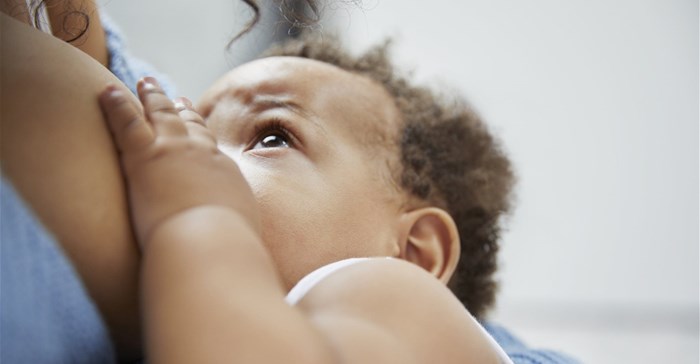
Top stories





Marketing & MediaAds are coming to AI. Does that really have to be such a bad thing?
Ilayaraja Subramanian 18 hours

More news
















However, new research in mice indicates that mothers can transfer life-long protection against infection to their infants by breastfeeding. The international team of scientists led by researchers at the University of Cape Town (UCT) also found that this protection was driven by the transfer of immune cells and was completely independent of antibodies.
The research found that infant mice breastfed by a mother who had a worm infection before getting pregnant acquired life-long protection against this infection. Unexpectedly, this effect was passed onto the infants by cells in the mother’s milk and not proteins such as antibodies. These transferred cells provided protection from worm infection throughout the body to the infant. This work shows that mothers exposed - even before pregnancy - to a globally prevalent source of infection provides long-term breastfeeding acquired immunity to infection in infants.
Lead researcher, Dr William Horsnell, from UCT’s Institute of Infectious Disease and Molecular Medicine and the Division of Immunology said: “Immune transfer from mother to infant via breastfeeding is a very important source of protection from early life infection. To the best of our knowledge this is the first demonstration that infection prior to pregnancy can transfer life-long cellular immunity to infants.”
“The work shows that exposure to an infection before pregnancy can lead to a mother transferring long-term immune benefits to her offspring. This is remarkable and adds a new dimension to our understanding of how a mother can influence our health.”
Adam Cunningham, professor of functional immunity at the University of Birmingham (UK) and co-director of the BactiVac Network which aims to accelerate the development of bacterial vaccines in a bid to prevent infections, added: “We are particularly interested in how these findings may help to design maternal vaccine strategies that provide longer term protection to children.
“This work shows that maternal exposure to an infection can permanently alter offspring immunity. Currently vaccination of mothers to protect infants against infection is very important in boosting protection from infection to new borns, however this protection is considered to be transient.
Our work shows that this effect can also be permanent. This could lead to the design of new vaccines that will be able to be given to a mother to transfer long-term immunity to her children.”
Professor Kai-Michael Toellner, also of the University of Birmingham's Institute of Immunology and Immunotherapy, added: “We hope this research will lead to human investigations into how maternal exposure to pathogens prior to pregnancy can influence infant health.”
The research was carried out in collaboration with the University of Liège in Belgium, University of Cardiff, University of Washington in the US, the University of Mainz in Germany, the International Centre for Genetic Engineering and Biotechnology, in South Africa and the South African Medical Research Council.